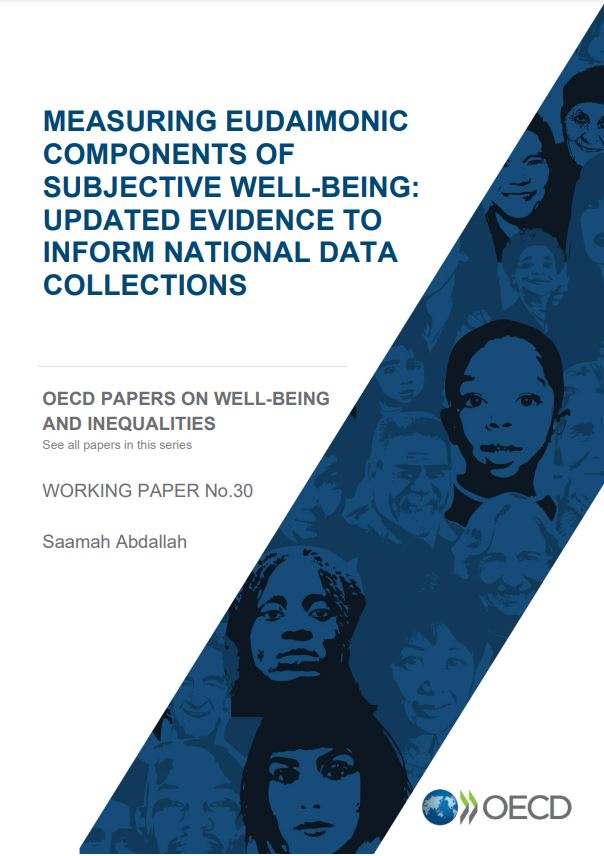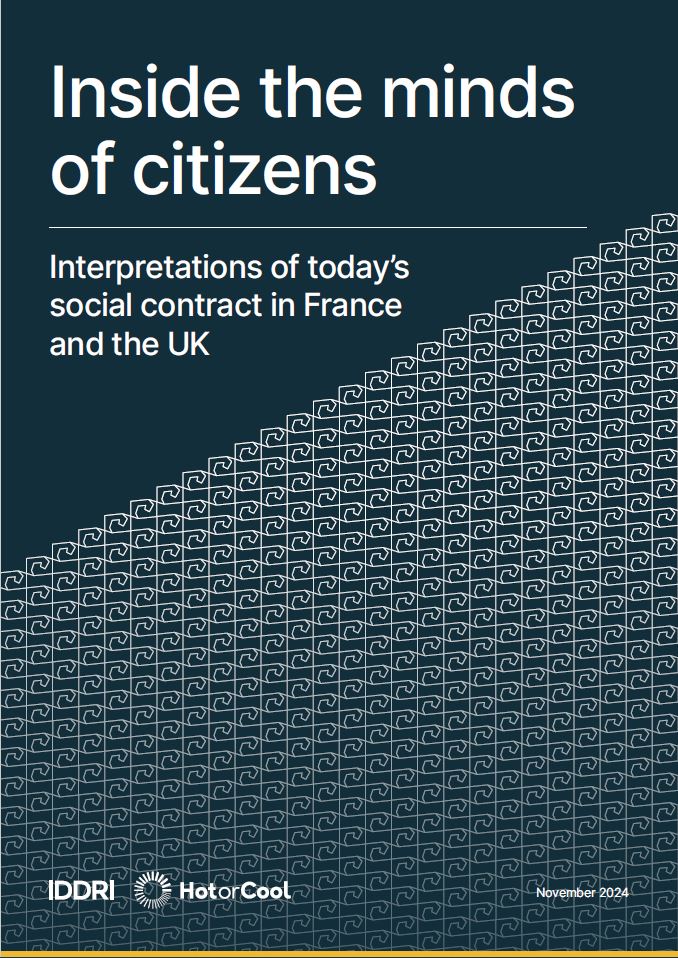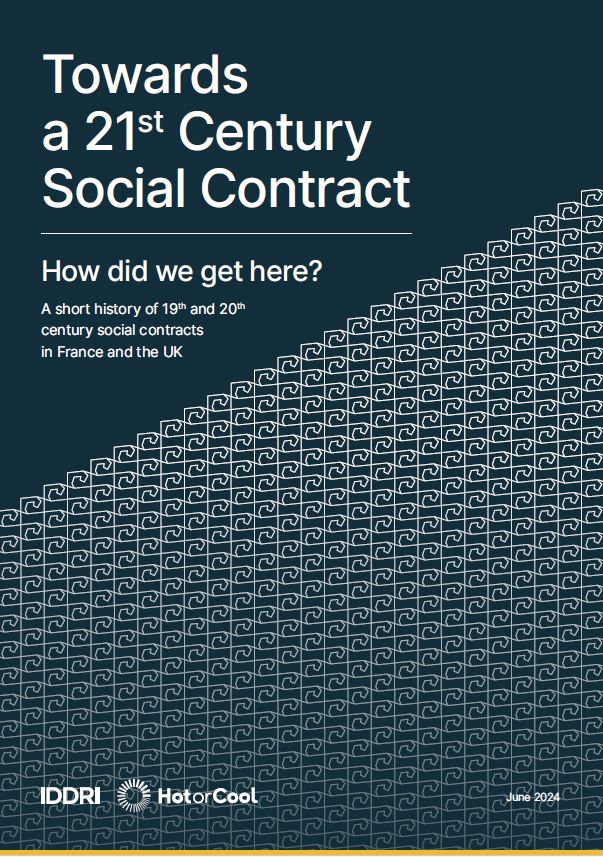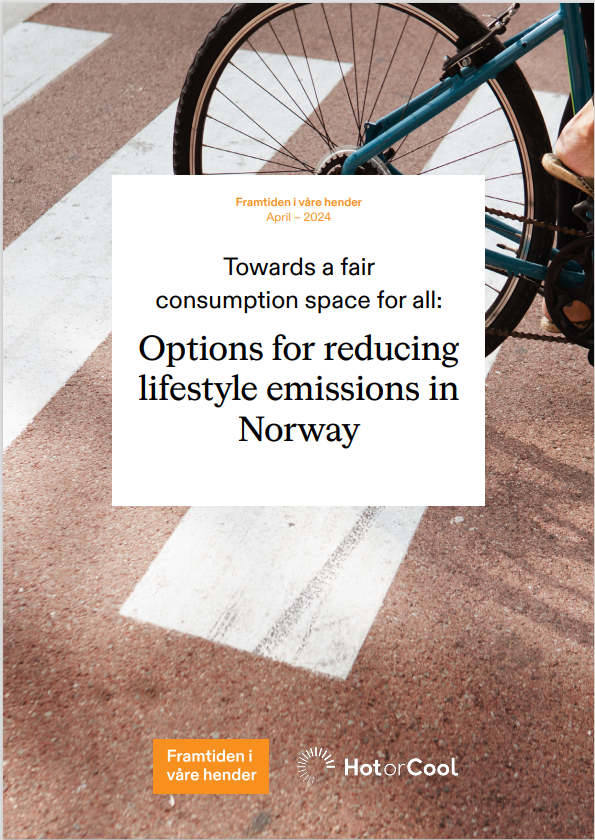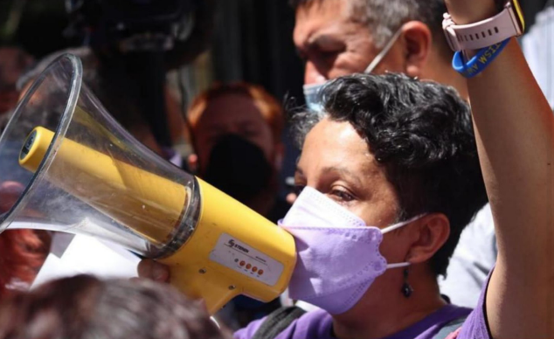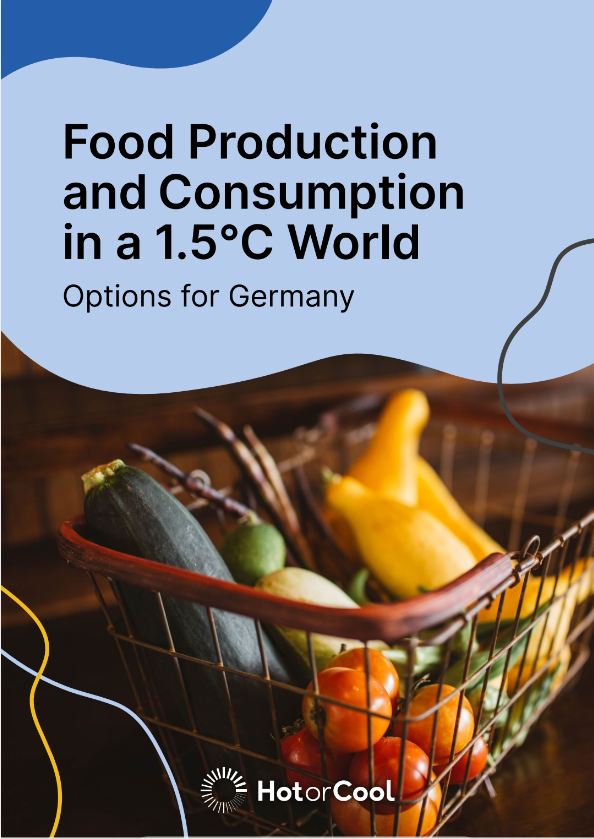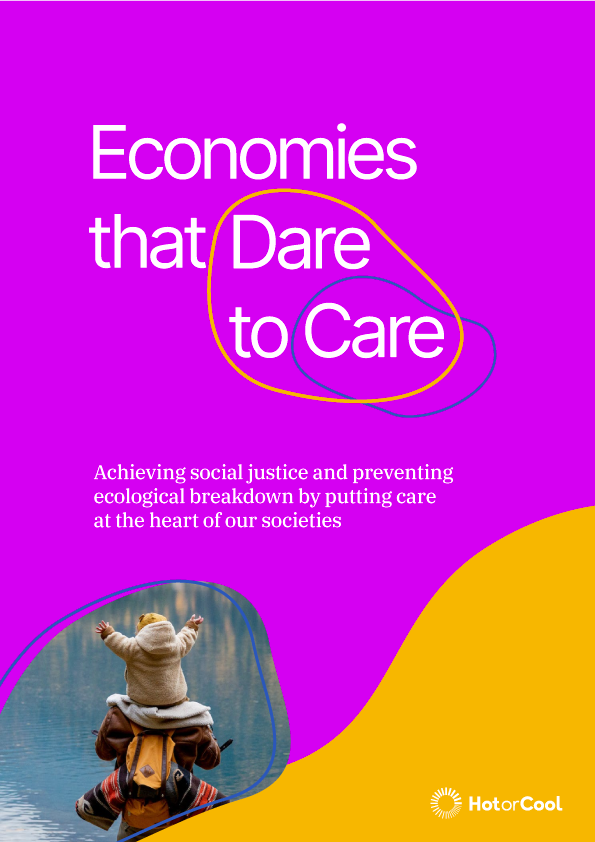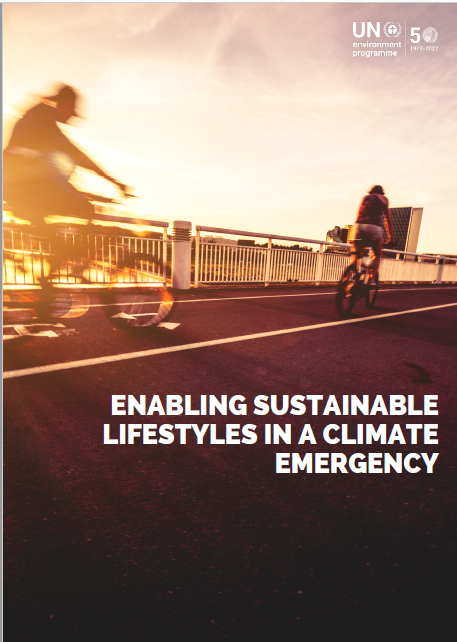Resources
Category
Category
Select some options
Tags
Tags
Select some options
Format
Format
Select some options
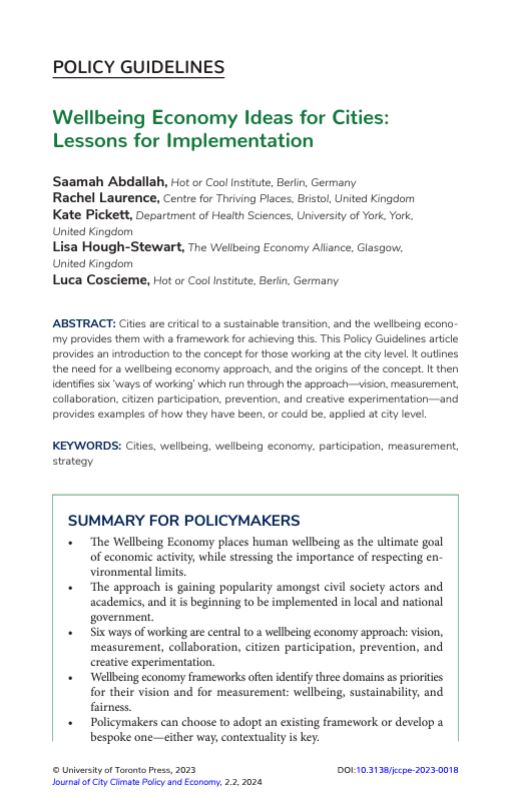
Academic Journals
Cities are critical to a sustainable transition, and the wellbeing economy provides them with a framework for achieving this. This Policy Guidelines article provides an introduction to the concept for those working at the city level. It outlines the need for a wellbeing economy approach, and the origins of the concept.
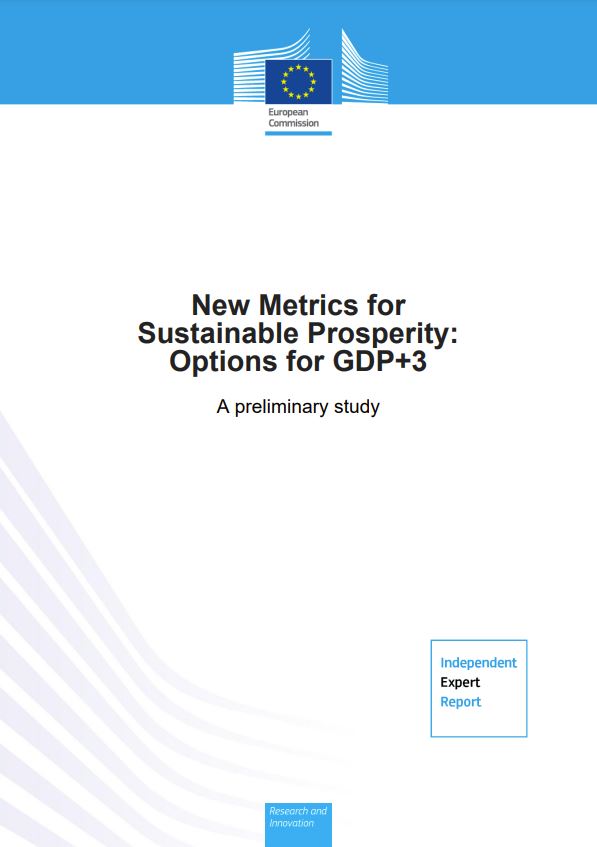
Report
This report was developed with SDSN and Protopia, and under the expert advice of Sandrine Dixson Decleve, Enrico Giovaninni and Peter Browning. It identifies three actionable GDP+3 sets of indicators covering social, environmental, and institutional dimensions to complement GDP and to motivate policymakers to adopt policies furthering sustainable prosperity.
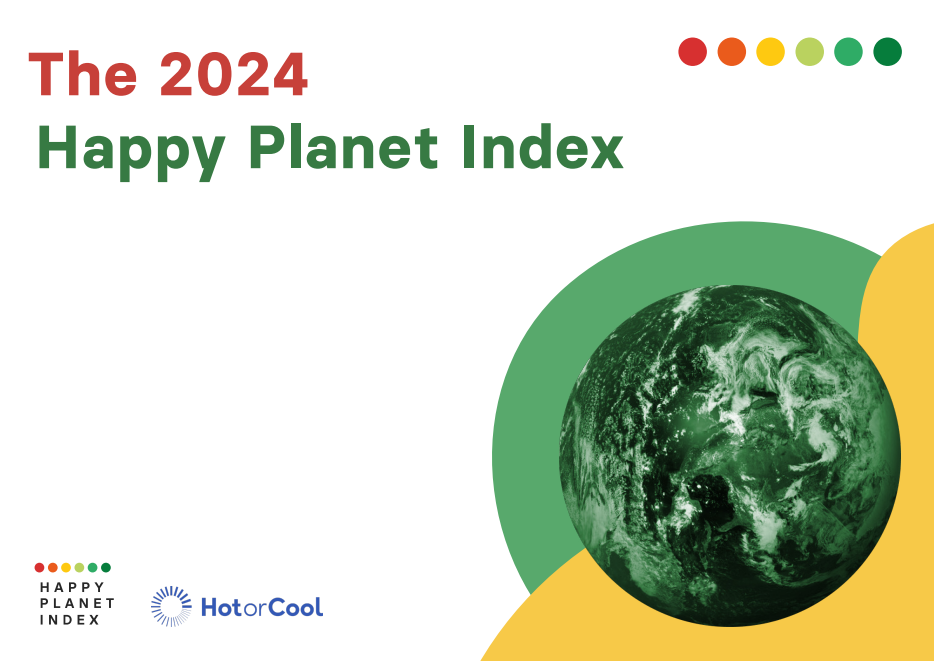
PDF
Report
The Happy Planet Index (HPI) measures how well nations are doing at achieving sustainable wellbeing. In other words, how successful they are
at supporting their inhabitants to live good lives now, while ensuring that others can do the same in the future. It is based on a simple idea: The
ultimate outcome for societies should be sustainable wellbeing for all.
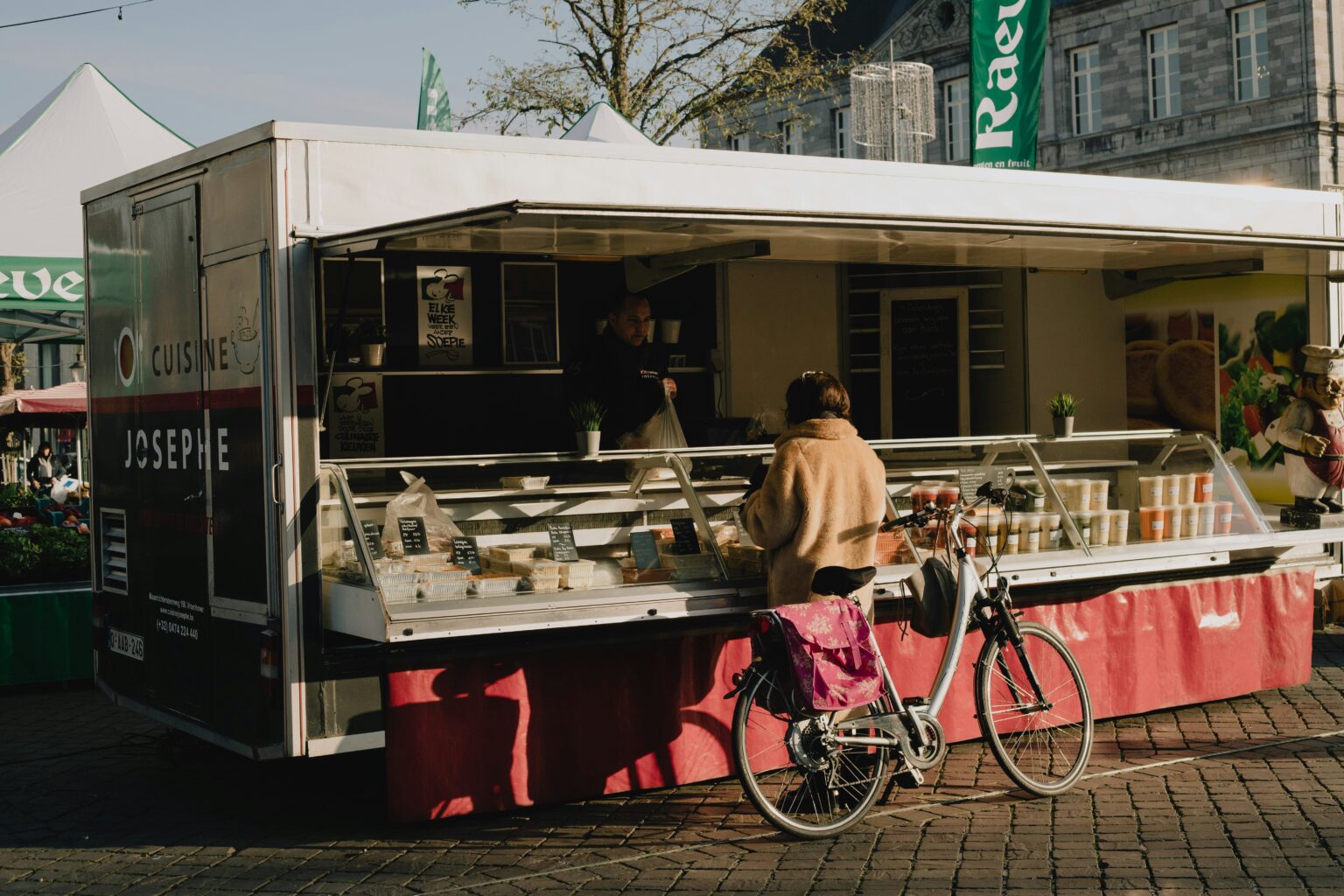
PDF
Other
Are you acknowledging excess levels of material consumption as a driver of climate change and biodiversity loss? Are you considering being bolder in naming the problems associated with this, and more strategic in mobilising grants programmes in response. These are just a few of the questions we would like to ask fellow funders. The hope is this survey will help us take the pulse of the environment

PDF
Other
The world is not on course to achieve the Sustainable Development Goals (SDGs) by 2030. Of 36 targets reviewed in the 2023 UN Global Sustainable Development Report (GSDR), “only 2 are on track to be achieved, while progress on eight is deteriorating”. Since the setting of the goals in 2015 by the international community, “implementation was too slow, and even regressing in some areas like climate
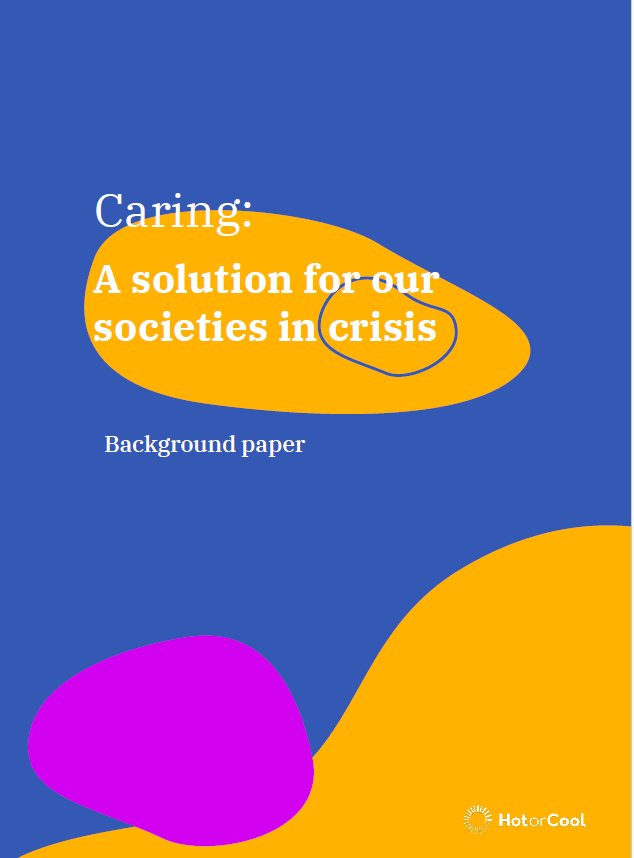
PDF
Report
The paper establishes the basis for understanding the inter-related nature of the multiple crises that human societies confront today, from climate change to growing social inequality. To address rising global complexity, the authors advocate for holistic approaches that generally are not adequately recognised among diverse communities that are busy perceiving these crises from their own specific

PDF
Think Piece
The Think Piece series publishes short, policy-relevant contributions on ideas that are not yet widely explored, intended to push the frontier of policymaking and inform public discussion on emerging perspectives on sustainability transition. In this instalment by Anna Coote, Principal Fellow at the New Economics Foundation (NEF), we take a closer look at Universal basic services (UBS).

PDF
Think Piece
This first instalment in the Hot or Cool Think Piece series shows that climate disruption and biodiversity collapse are two symptoms of the environmental crisis caused by ever-growing resource consumption. Multiple overshoots of Earth’s planetary boundaries have pushed our natural systems close to or even beyond critical tipping points.
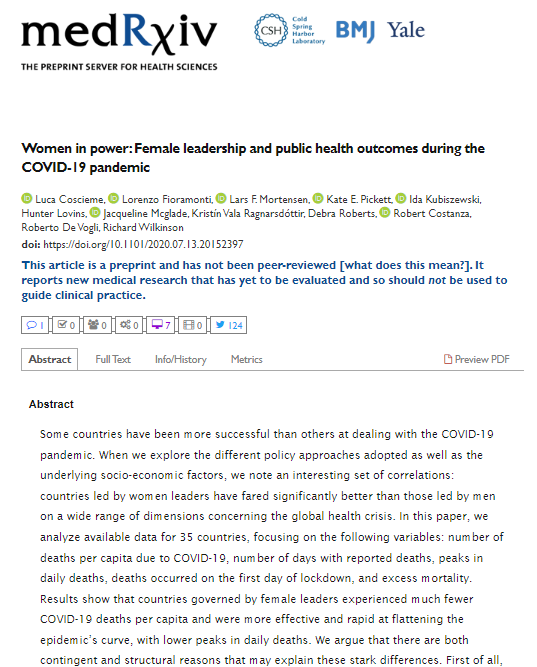
Web Page
Academic Journals
Some countries have been more successful than others at dealing with the COVID-19 pandemic. When we explore the different policy approaches adopted as well as the underlying socio-economic factors, we note an interesting set of correlations: countries led by women leaders have fared significantly better than those led by men on a wide range of dimensions concerning the global health crisis.

Web Page
Academic Journals
The concept of ‘wellbeing economy’ (WE), that is, an economy that pursues human and ecological wellbeing instead of material growth, is gaining support amongst policymakers, business, and civil society. Over the past couple of years, several national governments have adopted the WE as their guiding framework to design development policies and assess social and economic progress.


